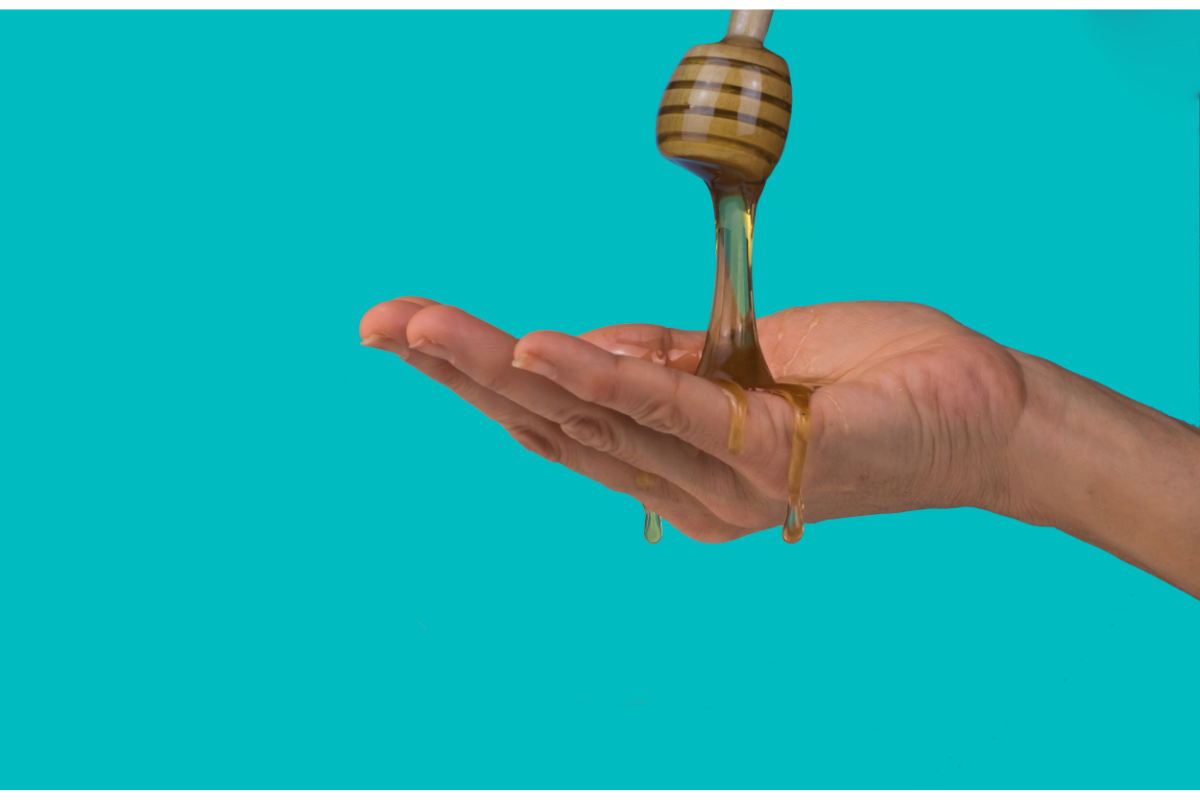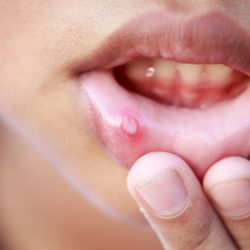Ahh, the buzzing world of bees, so full of fascinating wonders. From the sweetest honey to royal jelly, these little creatures provide us with more than we could ever imagine. And among these gifts is a hidden gem that is beginning to capture the attention of health enthusiasts the world over: propolis. But what exactly is propolis, and more importantly, what are the “benefits of propolis drops”? Stay with us as we investigate these intriguing questions.
What is Propolis?
You may be wondering, what is propolis? Let’s set the record straight. Propolis is a resinous substance that bees collect from tree buds and other botanical sources. They use it as a sealant, a defence mechanism and even as an antibiotic within the hive. But for us humans, propolis is much more than just a sophisticated bee glue. It’s a veritable cornucopia of health benefits. Once considered a fringe product in the world of natural health, propolis drops are now stealing the show. Let’s find out why.
Strengthen the immune system with propolis drops
If the change of season often leaves you with a runny nose and an annoying cough, then it’s time to discover the secret that nature keeps safely tucked away in beehives: propolis drops. This resinous substance, collected by bees from a variety of botanical sources, is much more than just a hive sealant. In fact, it could well be the ally your immune system has been waiting for.
Impressive antimicrobial properties
According to several studies, propolis has remarkable antimicrobial properties. This means that it is capable of fighting a wide range of harmful micro-organisms, including bacteria, viruses and fungi. In other words, it can help keep in check those pesky little creatures that often cause colds and flu.
These properties are largely due to propolis’ high content of flavonoids and phenolic compounds. These compounds act as powerful antimicrobial agents, neutralising pathogens and helping your immune system to win the battle against infection.
Natural stimulation of the immune system
But the benefits of propolis drops don’t stop at simply fighting pathogens. A growing body of research suggests that propolis may also stimulate the immune system itself.
How is this possible? It seems that propolis helps to stimulate the production of certain immune cells and modulate their function. For example, some research suggests that propolis may increase the activity of macrophages, the immune cells that engulf and destroy pathogens. This could enable your immune system to respond more quickly and effectively to threats.
How to use propolis drops to boost your immune system
So, how can you take advantage of the benefits of propolis drops to boost your immune system? It’s very simple. You can add a few drops of propolis to your favourite drink, be it tea, juice or even water. Some people also choose to use propolis drops under the tongue for optimum absorption.
It’s worth noting that propolis drops are generally well tolerated, but it’s always advisable to start with a low dose to see how your body reacts. And of course, if you have allergies to bee products, it’s best to avoid propolis. In short, propolis drops could well be the key to getting through the cold season unscathed. So why not give it a try and see what this treasure from the hive can do for your health?
Promote healthy skin with propolis drops
Your skin is your largest organ and the first line of defence against the outside world. It therefore deserves all your attention and the best possible care. That’s where propolis drops come in. This treasure from the beehive could well be the skin superhero you’ve been waiting for.
Natural soothing for skin irritations
The skin is exposed to many factors that can cause irritation, from chemicals and environmental conditions to allergic reactions. Fortunately, propolis drops can come to the rescue.
Research shows that propolis has impressive anti-inflammatory properties, thanks to the presence of compounds such as flavonoids and phenolic acids. This means it can help soothe inflammation and reduce redness and swelling, which can be particularly beneficial for people suffering from skin conditions such as eczema or psoriasis.
Promote wound healing
In addition to its anti-inflammatory properties, propolis has also been shown to promote wound healing. Studies have shown that applying propolis to wounds can speed up the healing process, reduce inflammation and even help prevent infection. It appears that propolis can stimulate the production of new skin tissue and increase the production of collagen, an essential protein for healthy skin. What’s more, thanks to its antimicrobial properties, propolis can help protect the wound from potentially harmful infections.
A natural weapon against acne
Acne is one of the most common skin problems, affecting people of all ages and backgrounds. It’s a complex condition that can be influenced by many factors, including hormones, diet, stress and bacteria. Fortunately, propolis drops could help. Studies have shown that propolis can be effective against the bacteria responsible for acne. What’s more, thanks to its anti-inflammatory properties, propolis can also help reduce the inflammation that often accompanies acne.
Support digestive health with propolis drops
Digestive health is at the heart of our overall well-being. Not only is the digestive system responsible for assimilating the nutrients our body needs, it also plays a crucial role in the immune system. This is where propolis drops can help, in sometimes surprising ways.
The key role of intestinal microflora
Your intestine is home to billions of micro-organisms, commonly known as the “intestinal microbiota”. These play a crucial role in the digestion process, helping to break down food and absorb nutrients. However, when the balance of this microbiota is disturbed, health problems can arise, ranging from digestive disorders to chronic ailments.
Propolis drops: a weapon against harmful bacteria
Propolis is rich in flavonoids and phenolic acids, compounds known for their antimicrobial properties. This means that they are capable of inhibiting the growth of harmful micro-organisms. In the context of intestinal health, this can help maintain a healthy balance of microflora, preventing the proliferation of pathogenic bacteria.
In addition, propolis drops may have a protective effect on the intestinal mucosa. Research has shown that propolis can help reduce inflammation of the intestine and protect against ulcers and other damage to the intestinal lining.
Promote digestion with propolis
In addition to its antimicrobial action, propolis drops can also help digestion in a more direct way. Some research suggests that propolis may help stimulate the activity of digestive enzymes, making it easier to break down food and absorb nutrients.
Precautions and side effects of propolis
Potential side effects
Although propolis is generally considered safe for the majority of individuals, certain side effects may occur, especially in the event of excessive use or particular sensitivity to its components. The most commonly reported side effects include allergic reactions such as skin rashes, itching or irritation. These allergic reactions are mainly due to the presence of phenolic compounds in propolis, which, although beneficial for their antimicrobial and anti-inflammatory properties, can also be potential allergens.
Other less frequent side effects may include gastrointestinal problems such as nausea, abdominal pain or diarrhoea. These symptoms may result from the digestive system reacting to some of the active ingredients in propolis. It is essential for users to start with small doses and observe their body’s response, adjusting the dosage accordingly.
Due to its anticoagulant properties, propolis may also increase the risk of bleeding, especially in individuals taking anticoagulant drugs such as warfarin or aspirin. Potential interactions between propolis and other drugs or supplements require vigilance and prior consultation with a healthcare professional.
Contraindications
Propolis drops should be used with caution by certain groups of people due to increased risk of side effects or interactions. Individuals with a history of allergies to hive products, such as honey, royal jelly or beeswax, should avoid using propolis, as they present a high risk of cross-allergic reactions. Allergy tests can be a useful preventive measure before starting a propolis-based treatment.
Pregnant or breast-feeding women should also exercise caution. Although there is no conclusive evidence on the effects of propolis during pregnancy or breastfeeding, the lack of reliable safety data justifies a precautionary approach. It is advisable to consult a health professional before starting any new supplement during these periods.
Sources :
- Khurshid, Z., Naseem, M., Sheikh, Z., Najeeb, S., Shahab, S., & Zafar, M. S. (2017). Oral Health’s Link with Propolis. Advances in experimental medicine and biology, 969, 73-89.
- Sforcin, J. M. (2016). Biological Properties and Therapeutic Applications of Propolis. Phytotherapy research: PTR, 30(6), 894-905.
- Machado, J. L. P., Assunção, A. K. M., da Silva, M. C. P., Dos Reis, A. S., Costa, G. C., Arruda, D. S., Rocha, B. A. M., Vaz, M. M. D. O. L., Paes, A. M. D. A., Guerra, R. N. M., Berretta, A. A., Nascimento, F. R. F. (2012). Brazilian Green Propolis: Anti-Inflammatory Property by an Immunomodulatory Activity. Evidence-based complementary and alternative medicine : eCAM, 2012, 157652.
- Olczyk, P., Wisowski, G., Komosinska-Vassev, K., Stojko, J., Klimek, K., Olczyk, M., Kozma, E. M. (2013). Propolis Modifies Collagen Types I and III Accumulation in the Matrix of Burnt Tissue. Evidence-based complementary and alternative medicine : eCAM, 2013, 423809.
- El-Guendouz, S., Aazza, S., Lyoussi, B., Bankova, V., Popova, M., Neto, L., Faleiro, M. L., Miguel, M. G. (2017). Antioxidant, Anti-Inflammatory and Antiproliferative Activities of Moroccan Commercialized Propolis. Bioactive compounds in health and disease, 1(1), 26-32.
- Shinmei, Y., Yano, H., Kagawa, Y., Izawa, K., Akagi, M., Inoue, T., Inoue, Y., Nakamura, Y., Hayashi, K., Kohno, M., Ito, Y., Terajima, T., Hamuro, J., Nishida, T., Sasaki, H. (2009). Effect of Brazilian propolis on sneezing and nasal rubbing in experimental allergic rhinitis of mice. Immunopharmacology and immunotoxicology, 31(4), 688-693.
- Khayyal, M. T., El-Ghazaly, M. A., El-Khatib, A. S. (2003). Mechanisms involved in the anti-inflammatory effect of propolis extract. Drugs under experimental and clinical research, 29(3), 117-123.
- Kocot, J., Kiełczykowska, M., Luchowska-Kocot, D., Kurzepa, J., Musik, I. (2018). Antioxidant Potential of Propolis, Bee Pollen, and Royal Jelly: Possible Medical Application. Oxidative medicine and cellular longevity, 2018, 7074209.





